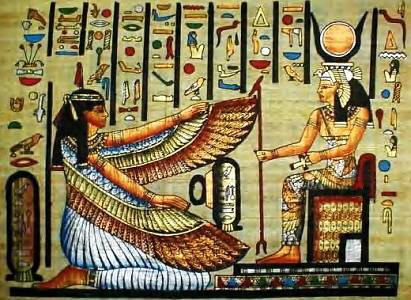
“If I had to choose a religion, the sun as the universal giver of life would be my god” – Napoleon Bonaparte
Sunday is the first day of the week. Many millions of self-professing Christians set aside Sunday as a day to reverence God. It is considered to be the analogue of the Seventh Day Sabbath. Some even refer to Sunday as the “Christian Sabbath” or the “Lord’s Day”.
However, the sanctification of Sunday can in no way be substantiated with the Holy Bible. Rather, it can be traced back to the time of antiquity during which men worshipped the sun as God, the source and sustainer of life on earth.
The Pagan Origin of Sunday Worship
Throughout human history sun worship has been almost universal. The sun has been revered throughout time as the giver and sustainer of life. In The Secret Teachings of the Ages, Manly P. Hall writes:
“To them (aboriginal peoples) he (the sun) was the innate fire of bodies, the fire of Nature. Author of Life, heat, and ignition, he was to them the efficient cause of all generation for without him there was no movement, no existence, no form. He was to them immense, indivisible, imperishable, and everywhere present. It was their need of light, and of his creative energy, that was felt by all men; and nothing was more fearful to them than his absence. His beneficent influences caused his identification with the Principle of Good; and the Brama of the Hindus, and Mithras of the Persians, and Athom, Amum, Phtha, and Osiris, of the Egyptians, the Bel of the Chaldeans; the Adonai of the Phoenicians, and the Adonis and Apollo of the Greek, became but personifications of the Sun, the regenerating Principle, image of that fecundity which perpetuates and rejuvenates the world’s existence.”[1]
The sun was personified and worshipped throughout the world under many names. And Sunday, or the day of the Sun, has been and continues to be the foremost pagan day of worship. Originally, sun worship was based on the sun and the six known planets. By the time of the Roman imperial periodic the days of the week were named in honor of the pagan gods:
Day of the Moon – dies Lunae
Day of Mars – dies Martis
Day of Mercury – dies Mercuii
Day of Jupiter – dies Iovis
Day of Venus – dies Veneris
Day of Saturn – dies Saturni
The current days of the week were named in honor of Roman and Germanic deities (Norse is an Old Germanic language):
Sun – Derived from Latin
Monday – Derived from Latin
Tuesday – Originally Tiwesdaeg “day of Tiw”, from the Norse Tysdag
Wednesday – Originally Wodnesdaeg “day of Woden (Odin)”
Thursday – Originally Thursdaeg “day of Thor”, from Norse Thorsdagr
Friday – Originally Thursdaeg “day of Freya” from the Norse Freyjasdagr
Saturday – Derived from the Latin
The first civil of ecclesiastical law sanctioning Sunday worship was put forth by Constantine on March 21, 321 A.D. This edict reads:
“On the venerable Day of the sun let the magistrates and people residing in cities rest, and let all workshops be closed. In the country, however, persons engaged in agriculture may freely and lawfully continue their pursuits: because it often happens that another Day is not suitable for grain sowing or for vine planting: lest by neglecting the proper moment for such operations the bounty of heaven should be lost.”[2]
Many attribute this edict to the “conversion” of Constantine I that is traditionally associated with his victory over Maxentius in 312. However, throughout his reign Constantine retained the title of Pontifex Maximus (Latin for Greatest Pontiff, the most prestigious position in the College Pontificum in Ancient Rome), and continued to refer to the first day of the week as dies solis (the day of the sun) and the Sol Invictus (Invincible Sun). It is most probable that in his effort to strengthen his empire he utilized Christianity because of its potential future unifying elements throughout the peoples of the Roman Empire [3].
Rulers, both secular and religious, followed suit in authorizing Sunday worship, which turned a pagan practice into a Christian ordinance. For example, in 386 A.D. Theodosius I and Gratian Valentinian put forth laws that restricted litigation as well as payments of public and private debt on Sunday. One of the most influential of these edicts was put forth by the Catholic Church Council of Laodicea. The Council of Laodicea declared:
“Christians shall not Judaize and be idle on Saturday (Sabbath), but shall work on that Day: but the Lord’s Day, they shall especially honour, and as being Christians, shall, if possible, do not work on that Day. If however, they are found Judaizing, they shall be shut out from Christ.”
Gibbon maintains that the Catholic Church and Constantine made concessions with paganism in order to achieve certain objectives. He writes: “…it must ingenuously be confessed, that the ministers of the Catholic church imitated the profane model, which they were impatient to destroy. The most respectable bishops had persuaded themselves, that the ignorant rustics would more cheerfully renounce the superstitions of paganism, if they found some resemblance, some compensation, in the bosom of Christianity. The religion of Constantine achieved, in less than a century, the final conquest of the Roman Empire: but the victors themselves were insensibly subdued but the arts of their vanquished rivals.” [4]
The prominence of Sun-worship throughout the Roman Empire is why Sunday was sanctified by the Universal Church. Understand, from Genesis to Revelation there is no commandment to santify the first day of the week. Nevertheless, various Christian denominations utilize two arguments to justify Sunday worship in honor of God. The most popular argument used to uphold Sunday worship was observed weekly in the New Testament instead of the Seventh Day Sabbath as is commanded throughout the Old Testament. Both arguments are easily refuted.
3 Days and 3 Nights
The first position that Jesus was resurrected on Sunday is used as the justification of Easter observance as well as Sunday veneration is flawed because the Messiah was not resurrected on Sunday. The common doctrinal teaching is that Jesus was crucified on Friday (Good Friday) and rose on Sunday (Easter). However, this is impossible based on Jesus’ own words. In Matthew 12 it is written:
Matthew 12:38-40
King James Version (KJV)
38 Then certain of the scribes and of the Pharisees answered, saying, Master, we would see a sign from thee.
39 But he answered and said unto them, An evil and adulterous generation seeketh after a sign; and there shall no sign be given to it, but the sign of the prophet Jonas:
40 For as Jonas was three days and three nights in the whale’s belly; so shall the Son of man be three days and three nights in the heart of the earth.
The profession of Jesus disproves the widely accepted doctrine that He died on a “Good” Friday. If Jesus died on Friday it means that He only spent one day and two nights in the sepulcher.
According to the Bible, Jesus actually died on the Passover which fell on a Wednesday of that week (Daniel 9:25-27), and was resurrected on the Sabbath (Saturday) of the same week. This fact is recorded by Matthew who writes, “And it came to pass, when Jesus had finished all these sayings, he said unto his disciples, Ye know that after two days is the feast of the passover, and the Son of man is betrayed to be crucified.” (Matthew 26:1-2, See also Mark 14:1-2 & Luke 22:1-2).
We know that by the time the first day of the week came Jesus had already been resurrected from the grave. This is why when Mary came to the sepulcher she assumed that someone had taken the body of Jesus. Understand, she came at the beginning of the first day, when it was yet dark. John reads:
John 20:1-2
King James Version (KJV)
1 The first day of the week cometh Mary Magdalene early, when it was yet dark, unto the sepulchre, and seeth the stone taken away from the sepulchre.
2 Then she runneth, and cometh to Simon Peter, and to the other disciple, whom Jesus loved, and saith unto them, They have taken away the Lord out of the sepulchre, and we know not where they have laid him.
Weekly Sunday Convocations in the New Testament?
Many Christians claim that Sunday Convocations were sanctioned in the New Testament. What all those who profess to be Christians should understand is that from Genesis to Revelation one will not find a commandment to santify Sunday instead of the Sabbath Day. We must bear in mind that Jesus Christ, the one who Christians claim to follow, did not hold a holy convocation on Sunday.
In Luke it is written, “And he came to Nazareth, where he had been brought up: and as his custom was, he went into the synagogue on the sabbath day, and stood up for to read”.
Paul also had the same custom. Luke goes on to write, “Now when they had passed through Amphipolis and Apollonia, they came to Thessalonica, where was a synagogue of the Jews: And Paul, as his manner was, went in unto them, and three sabbath days reasoned with them out of the scriptures.”
Those who still hold fast to Sunday worship should consider that Paul honored not only the Seventh Day Sabbath but after the death and resurrection of Christ he still observed the annual feast days of the Lord as well. (See Acts 20: 6-7, 16) These days were not “nailed to the cross” as some may profess. And how could they be? The Lord’s feast days are a shadow of things to come.
The word “Sabbath” means rest and the Seventh Day Sabbath points to the 1000 years of peace during the Millennium Period. When one understands the significance of the Sabbath it makes the notion of Sunday worship that much more objectionable.
Some utilize the writings of Paul to argue that holy gatherings were held on Sunday. For this purpose, Acts 20:7 is often used. It reads as follows, “And upon the first day of the week, when the disciples came together to break bread, Paul preached unto them, ready to depart on the morrow; and continued his speech until midnight.” Prior to leaving on his journey Paul simply preached the Gospel unto some on the first day of the week. But one should not read Acts 20:7 and conclude that we are to now gather every Sunday instead of on the Sabbath.
Others maintain that Paul was indeed preaching on the Sabbath and discourse simply carried on to the next day. Nevertheless, one should consider why Paul was determined to sail by Ephesus, as is stated in the following verses. He was determined to be in Jerusalem for Pentecost (Acts 20:16).
Are we to believe that Paul was observing the annual feasts of God as is commanded but had established Sunday which is not commanded? Furthermore, what are we to make of his custom, which was to honor the Sabbath? Considering the chapter in context sheds light on what the truth is. The truth is that those who want to maintain that Sunday worship is desired by God are either truly misinformed or are being untruthful.
Some maintain after citing this verse that we can worship God every day to justify replacing the Sabbath with Sunday. The question is concerning what day God commands us to cease from our labors and hold an holy convocation. If we look to the Bible for the answer we can only conclude that it is the Seventh Day Sabbath.
Another lesser used reference to substantiate Sunday Convocations is found in 1 Corinthians 16:12, “Upon the first day of the week let everyone of you lay by him in store, as God hath prospered him, that there be no gatherings when I come.” But this in no way sanctions Sunday observances. Paul simply desired that the collection be taken up for the brethren at Jerusalem prior to his arrival.
Catholic Proclomation Concerning Sunday Worship
Those of the Protestant faith who utilize inadequate arguments to substantiate Sunday observance often ignore the fact that the Catholic Church readily admits to sanctioning Sunday worship.
The Faith of Our Fathers, written by James Cardinal Gibbons and considered to be one of the best explanations of Catholic doctrine, clearly states that there is not one single line in the Holy Bible authorizing Sunday sanctification. Gibbons maintains that throughout the Scriptures only Sabbath (Saturday) observance is ordained. [5]
The Catholic Church also maintains that through “divine authority” it has changed the Sabbath to Sunday, and the simple fact that they have been able to do so proves this authority. Furthermore, Sunday worship among Protestants is one of the major arguments against the Protestant Reformers’s cry of “Sola Scriptura” (Latin for “by scripture alone”). Archbishop Reggio D. Daspare de Fosso of Calabra responded to this cry as follows:
” The Protestants claim to stand upon the written word only. They profess to hold the Scriptures alone as the standard of faith. They justify their revolt by the plea that the Church has apostatized from the written word and follows tradition. Now the Protestants claim, that they stand upon the written word only, is not true. Their profession of holding the Scripture alone as the standard of faith, is false. PROOF: The written word explicitly enjoins the observance of the seventh day as the Sabbath. They do not observe the seventh day, but reject it. If they do truly hold the scripture alone as their standard, they would be observing the seventh day as is enjoined in the Scripture throughout. Yet they not only reject the observance of the Sabbath enjoined in the written word, but they have adopted and do practice the observance of Sunday, for which they have only the tradition of the Church. Consequently the claim of “Scripture alone as the standard”, fails; and the doctrine of “Scripture and tradition” as essential, is fully established, the Protestant themselves being judges.” [6]
The question posed by some Catholic scholars is compelling. How could Protestants profess to take their religion solely from the Holy Scriptures and observe Sunday instead of honoring the Sabbath as the Bible commands?
On the other hand, just as troubling is the Catholic Church’s profession that they have been given divine authority to institute Sunday worship. God has given no man authorization to violate His word. Both Catholics and Protestants who observe Sunday worship should consider what the Holy Bible states concerning the altering of God’s word. Deuteronomy 4:2 reads, “Ye shall not add unto the word which I command you, neither shall YE diminish ought from it, that ye may keep the commandments of the Lord your god which I command you.”
This post is a direct excerpt from Elisha Israel’s book, The Pagan Origins of Christian Holidays.
Purchase “The Pagan Origins of Christian Holidays” by Elisha J. Israel, here.
References
1) Manly P. Hall, The Secret Teachings of the Ages: An Encyclopedia Outline of Masonic, Hermetic, Qabbalistic adn Rosicrucian Symbolical Philosophy (San Francisco: H.S. Crocker Company, Inc. 1928), 119.
2) Codex Justinianus. Lib. 3, tit, 12, 3.
3) Aleksander Aleksandrovich, History of the Byzantine Empire, 324-1453 Vol. 1 (Madison: University of Wisconsin, 1952), 49.
4) Edward Gibbon, The History of the Decline and Fall of the Roman Empire (London: Oxford University, 1837), 449.
5) James Gibbons, The Faith of Our Fathers: Being a Plain Exposition and Vindication of the Church Founded by Our Lord Jesus Christ (New York: John Murphy Company Publishers, 1917), 89
6) Heinrich Julius Holztmann, Kanon und Tradition: ein Beitrag zur neueren Dogmengeschichte und Symbolik (Ludwigsburg, Germany:F. Reihm, 1859), 263.
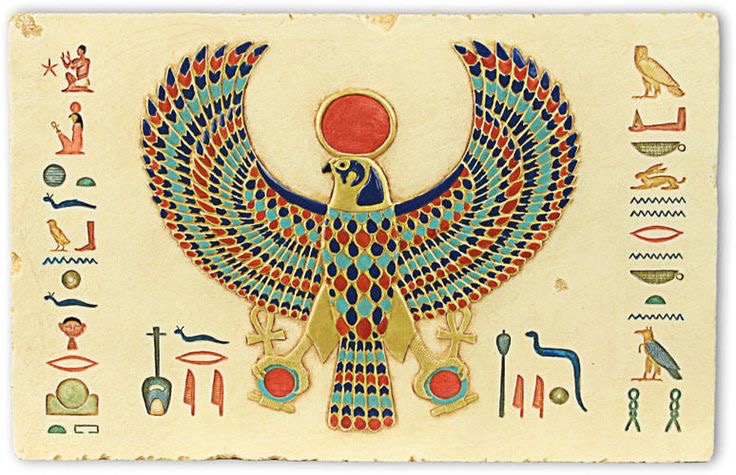

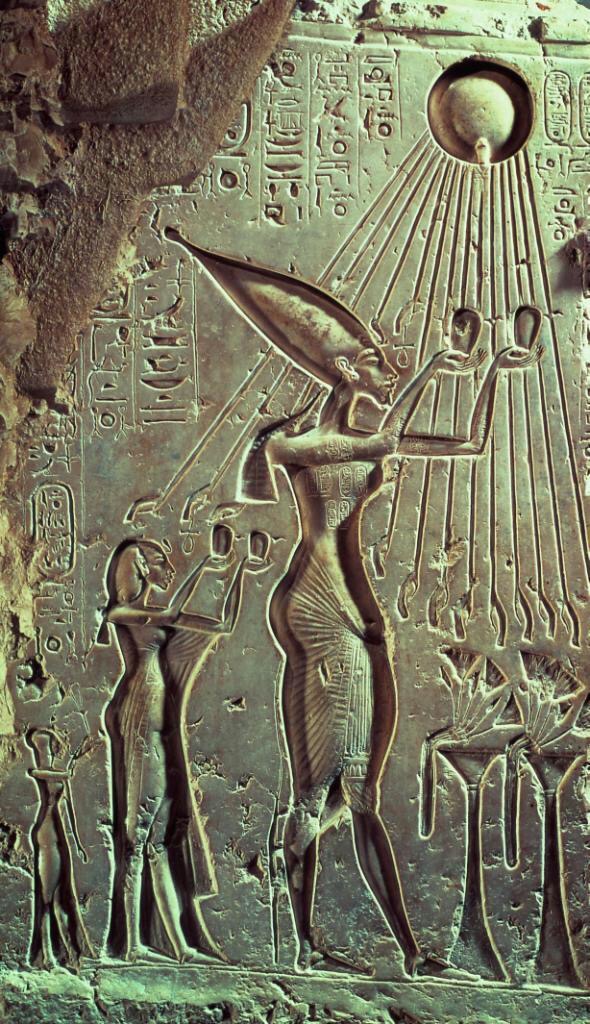
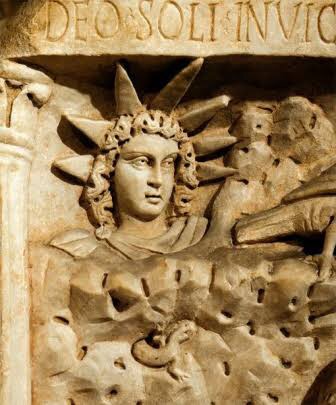
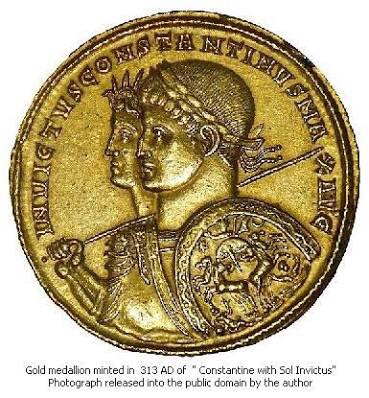
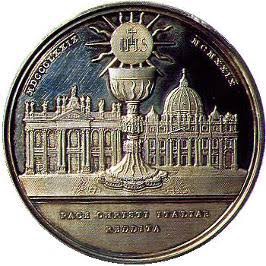
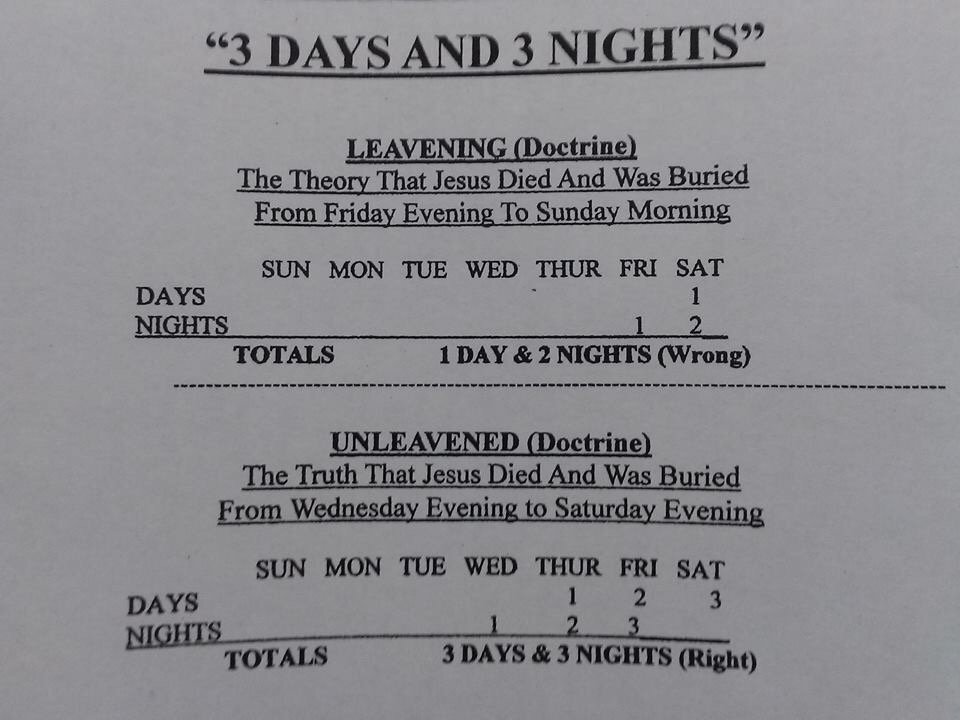
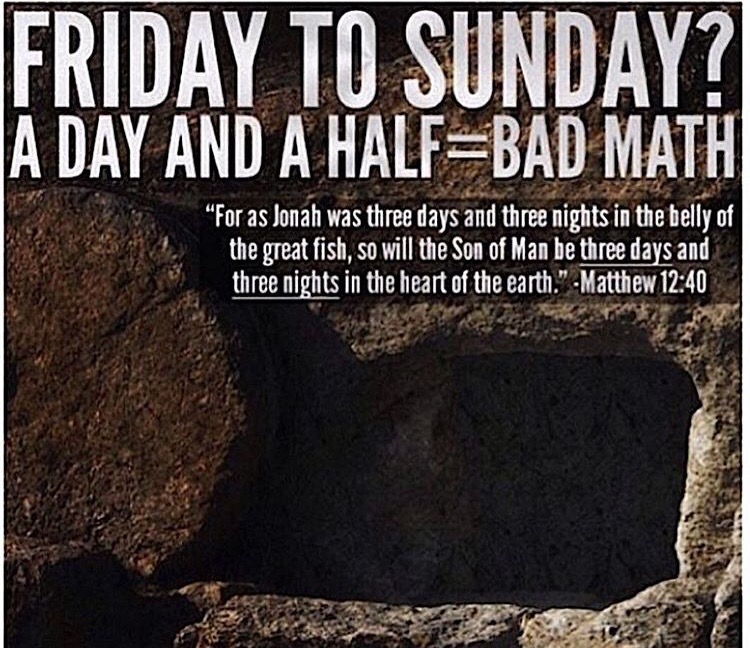
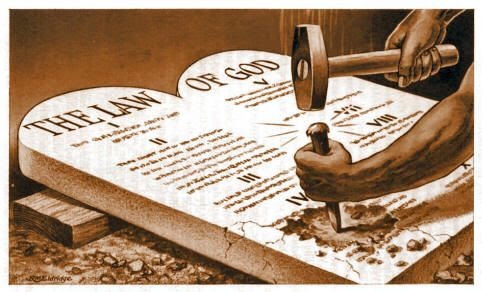
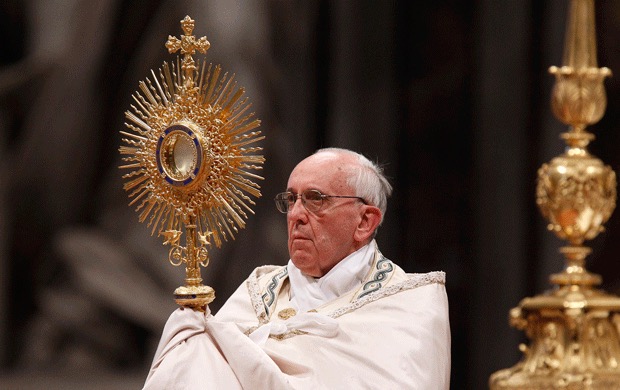
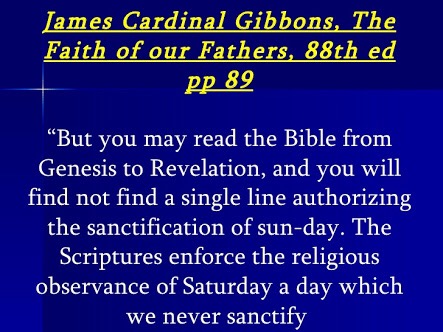
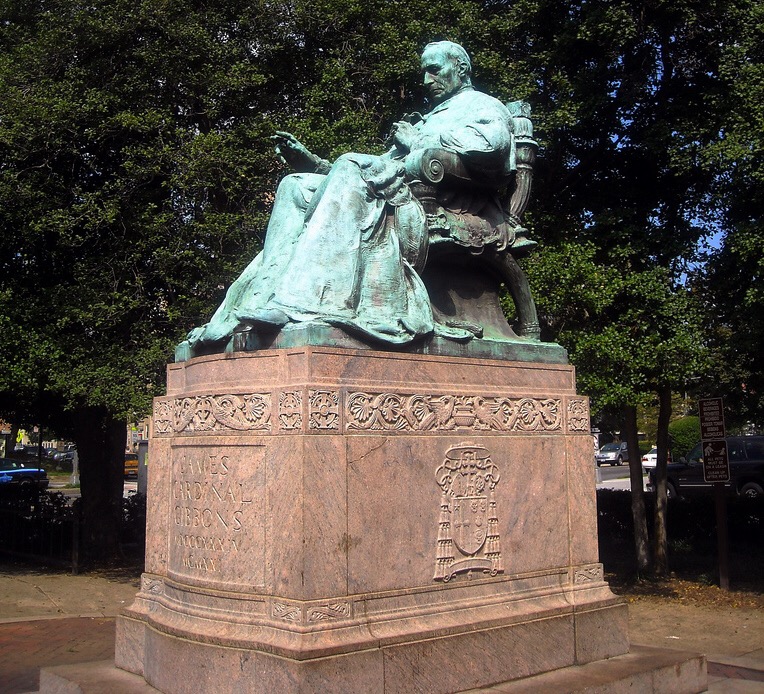
More Stories
PANDEMIC UPDATE: ISRAEL, THE CHURCH OF JESUS!
The Mark of The Beast
Pope prepares for Mark of the Beast with consideration of ‘universal basic wage’